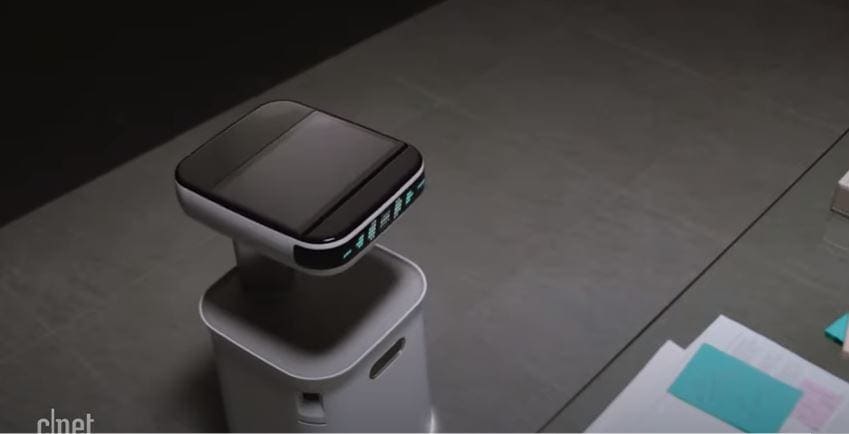According to Neuralink co-founder Elon Musk, the first person to get the company’s brain chip is now capable of thinking to move a mouse cursor. “The patient is making good progress and appears to have fully recovered, with no side effects that we are aware of.” At an X Spaces event on Monday, Musk stated, “Patients can move a mouse around the screen by just thinking,” as reported by Reuters. A few weeks after Musk revealed that Neuralink had implanted a chip in the person, he provided an update. The prior update was also posted on X, the social media platform that Musk owns and was once known as Twitter.
According to reports, Musk stated in yesterday’s conversation, “We want as many button presses from thinking as possible.” We’re currently working on the following: is it possible to use the left, right, down, and up mouse buttons? There should be more than two buttons.
Neuralink And Musk Appear To Be Legally In The Clear But Is That All?
It appears that Neuralink has not released any information regarding the patient’s development. We sent the business a message today, and if we hear back, we’ll update this post. Jonathan Moreno, a medical ethics professor at the University of Pennsylvania, and Arthur Caplan, a bioethics professor and head of the Division of Medical Ethics at NYU Grossman School of Medicine, chastised Neuralink’s information-sharing strategy last week.
In an essay published by the nonprofit Hastings Centre, Caplan and Moreno stated that “science by press release, while increasingly common, is not science.” “When the person paying for a human experiment with a huge financial stake in the outcome is the sole source of information, basic ethical standards have not been met.”
While acknowledging that Neuralink and Musk appear to be “in the clear” legally, Caplan and Moreno contend that more public information should have been provided before opening “the brain of a living human being to insert a device”. “To avoid the risk of giving false hope to countless thousands of people with serious neurological disabilities,” they said, is an ethical imperative.



